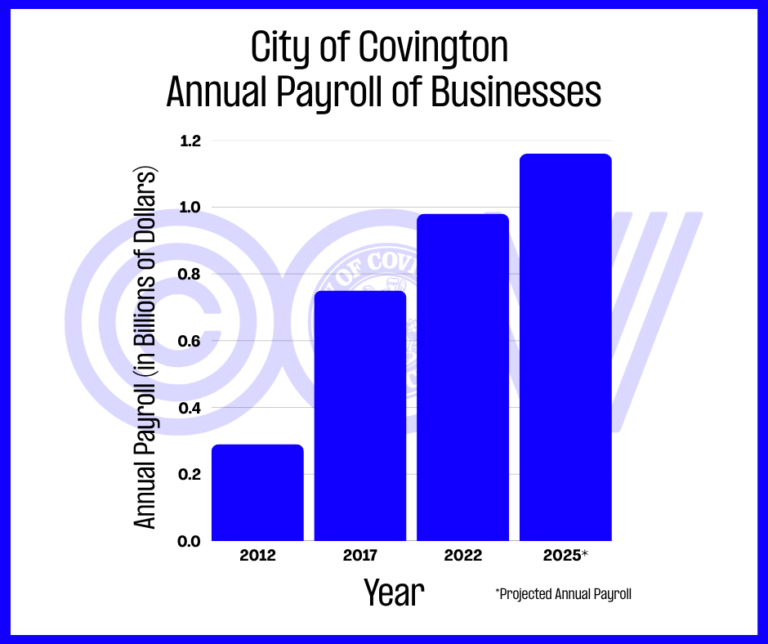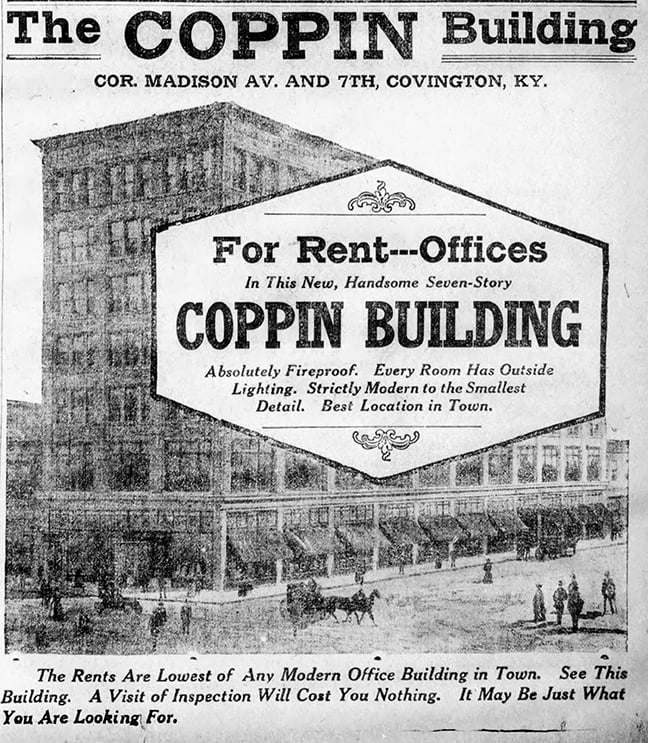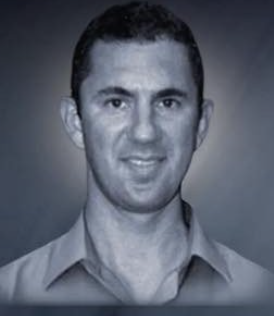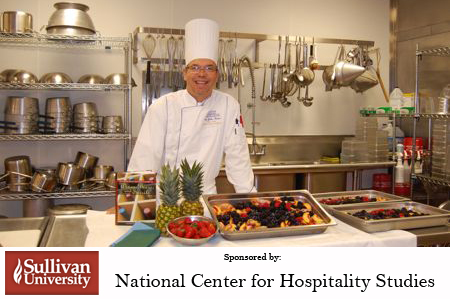Sometimes the lengths to which we have to go as cooks, on a line in a restaurant are incredibly daunting.
The sheer hours involved, the cramped overheated conditions, the personal toll of constant chatter mixed with occasional confrontation is often mimicked but rarely realized by reality television. Add to that environment the specter of failure on an item by item shift by shift basis and I marvel that anyone would want to do this work.
There is no glamour except for the precious few with photo spreads and cooking shows. Financial rewards are razor thin margins that disappear indiscriminately and refigured hourly wages from long term salaries far below minimum wage.
I paint a dark picture of cooking because I believe so deeply in its therapeutic and redemptive qualities. I overlook physical exhaustion, mental fatigue and the droning repetition because my soul needs to cook. It’s not a question of cooking to eat rather it’s creating combinations and utilizing great ingredients to produce an experience.
Much has been said about chefs at five star restaurants enjoying a burger after shift and its partly true. It’s not because we don’t appreciate the food we cook but that the entire experience contained in prep, service and clean up exhausts us. And yet the good ones, the committed ones, the addicted ones do it all the next day.
More than anything else the passion for cooking drives the best ones to continue. In the wrinkles between shift after crushing shift they find innovation, creative sparks and deep satisfaction. Part exploration, experimentation and endorphins served with a seasoning of prideful arrogance the cooking process is at once artistic and workmanlike.
Early in the recorded history of cooking you had guilds of bakers, butchers and general cooks. Employment was the only goal and the opportunities were abundant. Early kitchens required vast amounts of workers grouped loosely into stations (the early brigade system). Star chefs were few and far between and anyone below them might have been known by reputation only. But customers came, ate and came again and the restaurant became part of the vast network of services offered to an ever expanding consumer class.
There must have been a time when we crossed over from service to entertainment but the shift is so gradual as to not be pinpointed.
Was Antonin Careme the Escoffier of his generation or was Escoffier the Paul Bocuse? Julia Child may have been our first television chef but others before her cooked on a much bigger stage. The common thread that runs through culinary history is passion. Chefs with less passion fell as quickly as they rose not accepting how hard one must work to commit to this career.
Sullivan students who start Basic Skills with visions of Food Network soon learn that there no shortcut, no quick trip to the top. Rather the harder you work, the more detailed you are the quicker you face the passion conundrum. Do I have the passion to build my skills long term, experience success and failure daily without walking away?
I know the impetus for this question even if the answer is elusive. We were recently up against the nexus of Keeneland, Parents weekends and the last of the great patio weather. Many of my students work in the industry, dragging their bodies into 7 a.m. labs after closing a restaurant hours earlier.
They question more when they’re tired and the questions generally revolve around the subject of balance. Balance of work, school and a normal life is something I’m very familiar with. I know within that search may lie their answer. Balance, or lack thereof may be the tipping point where passion ends or begins for the cook.
When the balance is gone perhaps no amount of passion can revive it. We go back to the real pursuit of a job, making money. But if a flicker remains and we can rekindle our passion, regain our balance there can be no better ending to each cook’s story; they are home again.
John Foster is an executive chef who heads the culinary program at Sullivan University’s Lexington campus. A New York native, Foster has been active in the Lexington culinary scene and a promoter of local and seasonal foods for more than 20 years. The French Culinary Institute-trained chef has been the executive chef of his former restaurant, Harvest, and now his Chevy Chase eatery, The Sage Rabbit, in Lexington.
To read more from Chef John Foster, including his recipes, click here.























